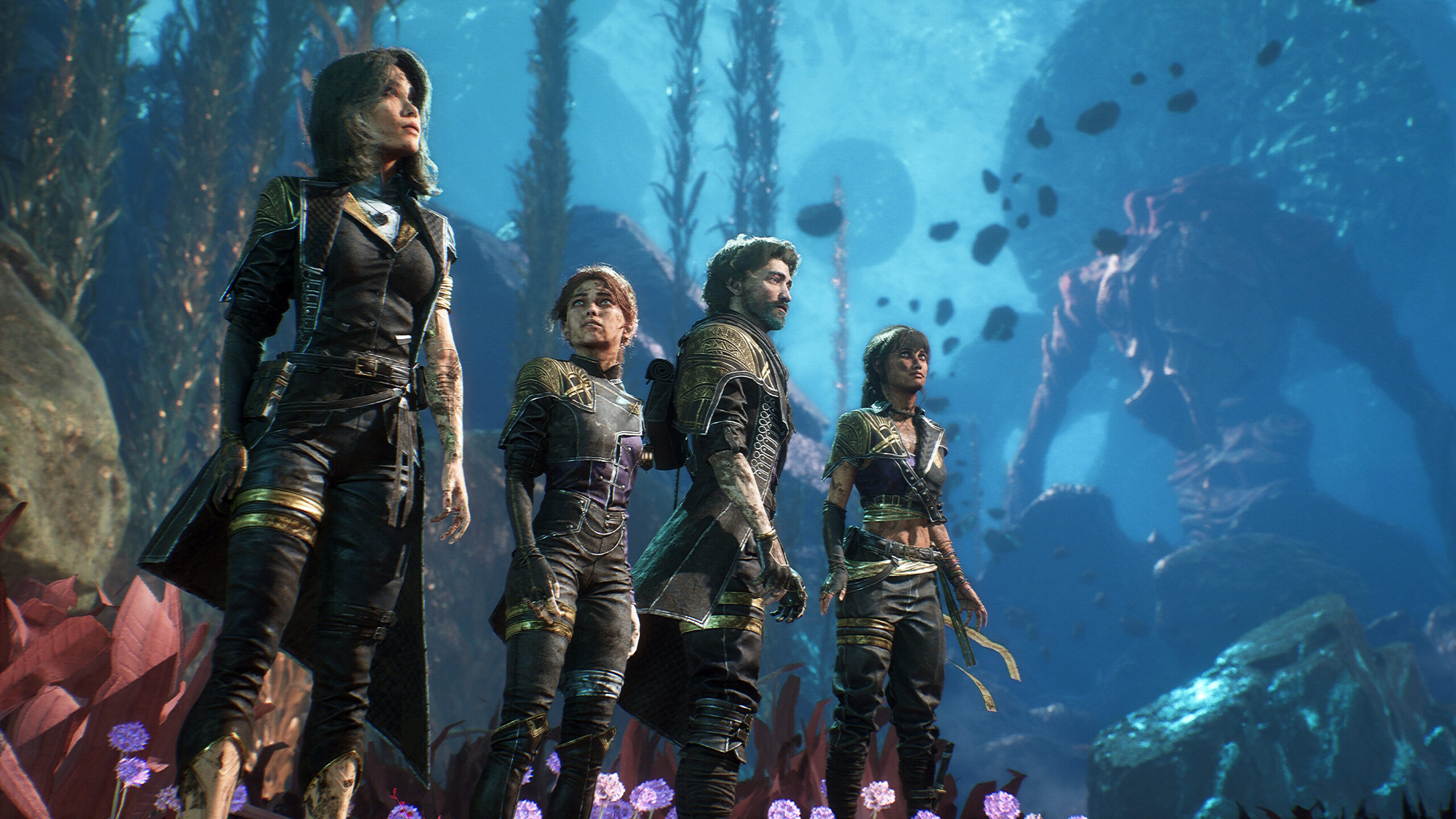A whole lot of interesting (and occasionally awkward) secrets were revealed by the big Microsoft document leak that occurred last week. One of the most notable bits was a brutally frank analysis by Xbox boss Phil Spencer on the current state of major videogame publishers like Activision and Electronic Arts, who Spencer said are struggling to find relevance in an industry that just doesn’t need them like it used to.
Back in the pre-Steam days when videogames were purchased in physical stores, shelf space—literal, limited shelf space—was vital. If you couldn’t find a spot to display your game—again, an actual spot on an actual shelf that you had to go into an actual store to see, this is how we did it back then—then your hope for becoming a hit with the general public was basically zero. (Yes, you could sell directly to gamers through ads placed in magazines like PC Gamer, but that’s not going to get you any traction with slightly befuddled family members looking for gifts at the holidays.)
That’s where the big publishers came into play. By leveraging their size, they could ensure spots on shelves and high-visibility promotion for games in ways that individual developers simply could not. As Spencer wrote in his leaked email (via Kotaku), “If you were a studio, you needed a AAA publisher to reach a customer at an Egghead Software.”
In the era of digital distribution, however, access to physical distribution channels is no longer required. That’s led big publishers to lean on their other strength: Making big-budget blockbusters that are out of the reach of smaller operations.
“Very few companies can afford to spend the $200M an Activision or Take-Two spend to put a title like Call of Duty or Red Dead Redemption on the shelf,” Spencer wrote. “These AAA publishers have, mostly, used this production scale to keep their top franchises in the top selling games each year.”
But that approach creates problems of its own, according to Spencer, who said that the “hurdle rate” on these massive productions—essentially the minimum rate of return that major publishers will accept in order to move ahead with a project—is so high that it discourages a willingness to take a risk on anything new.
“You’ve seen a rise of AAA publishers using rented IP to try to offset the risk (Stars Wars with EA, Spider-Man with Sony, Avatar with Ubisoft, etc),” Spencer continued. “This same dynamic has obviously played out in Hollywood as well with Netflix creating more new IP than any of the movie studios.”
The net result, Spencer concluded, is stagnation: “AAA publishers are milking their top franchises but struggling to refill their portfolio of hit franchises—most AAA publishers are riding the success of franchises created 10+ years ago.”
The point of Spencer’s email was to emphasize his belief that as major publishers find their footing eroded, subscription services like Xbox Game Pass offer them a lifeline. He noted that EA and Ubisoft were both trying to build their own competing services but said “they are not moving quickly or boldly enough to scale,” and also suffer from the lack of a platform like the Xbox console to launch with. Spencer said he wasn’t looking to kill off the big publishers with Game Pass, though, but to help them “build towards a successful future” by giving them access to a massive user base that they can monetize as they see fit.
Spencer’s words were at least partly prophetic: Six months after this email was sent in March 2020, Electronic Arts announced that it was bringing its EA Play subscription service to Game Pass at no additional charge. But what I think is more interesting is the harsh-but-fair analysis of the state of big publishers: Some of them occasionally nod to novel content—Take-Two’s Private Division label is one example that leaps to mind—but for the most part, they just keep returning to the well.
It’s a formula that’s been successful—I fully expect the internet will melt when Grand Theft Auto 6 is actually revealed—but it’s also, as Spencer said, resulted in a state of near-torpor at the highest levels of big-budget game development. One of the most anticipated games of 2023 is Call of Duty: Modern Warfare 3, a reboot of a sequel in a spinoff series that’s using recycled maps as a marketing point.











